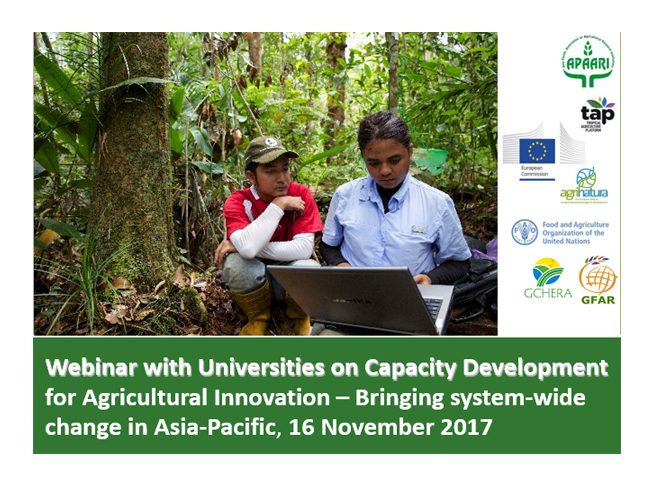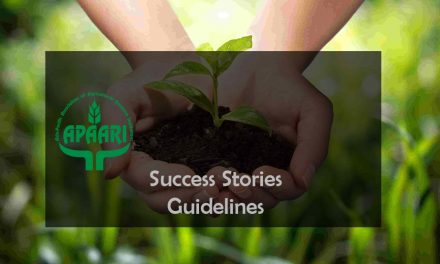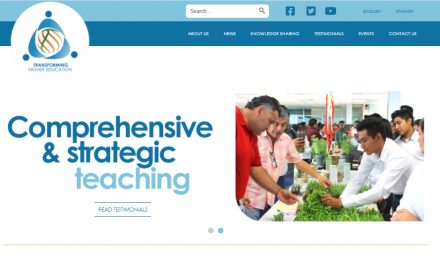Forty-three university representatives from Bangladesh, Bhutan, India, Pakistan and the Philippines participated in APAARI-supported Webinar on Capacity Development for Agricultural Innovation – Bringing System-wide Change in Asia-Pacific on 16 November 2017. It was organized in collaboration with the Tropical Agriculture Platform (TAP) hosted by the Food and Agriculture Organization of the United Nations (FAO), the Global Confederation of Higher Education Associations for Agricultural and Life Sciences (GCHERA) and Global Forum for Agricultural Research (GFAR). The Webinar aimed to:
- Improve understanding of the Common Framework designed under TAP’s Capacity Development for Agricultural Innovation Systems (CDAIS) project.
- Raise interest in integrating the Common Framework principles, approaches and tools in higher education curricula to improve capacity for change and realize the potential of innovation.
- Raise awareness of the importance of developing soft skills (“functional capacities”) to unlock the potential for agricultural innovation and the role of higher education in developing the respective capacities.
- Initiate reflection towards a mindset shift in culture of higher education organizations in the Asia-Pacific region from: (i) considering knowledge generation as a final objective, to using it as a means to achieve change; (ii) understanding of the system components to systematic understanding of the relationships between the components; (iii) consulting beneficiaries to facilitating engagement for interactive learning between innovation actors; (iv) teaching to learning; and (v) focus on individual merit and competition, to promoting teamwork and collaboration between and within organization.
FAO-TAP presented the Common Framework and key information about the CDAIS project and TAP initiative. TAPipedia – information system on CD for AIS – was highlighted as well. FAO Bangladesh explained how the Common Framework is being applied in practice. GCHERA presented the model applied by the EARTH University in Costa Rica and a pilot project based on this model. It focuses on curricula reform and pedagogy, to better prepare graduates to be leaders in tackling global challenges, such as poverty reduction, food and nutritional security and environmental sustainability. The project will help participating universities incorporate the following key elements of the EARTH model in their undergraduate programmes: experiential (participatory) learning, entrepreneurship, community engagement and ethical and value-based leadership.
The webinar was the first step to engage higher education institutions in the Asia-Pacific region in discussions on the importance of functional capacities to speed up agricultural innovation. It was also an opportunity to learn about the concepts of the Common Framework that universities can apply in their work, benefit from the shared success story in Costa Rica, and reflect what these participating institutions could do to bring about positive change in AIS. To download the synthesis, please check this link: https://oldsite.apaari.org/web/webinar-with-universities-cdais/.





